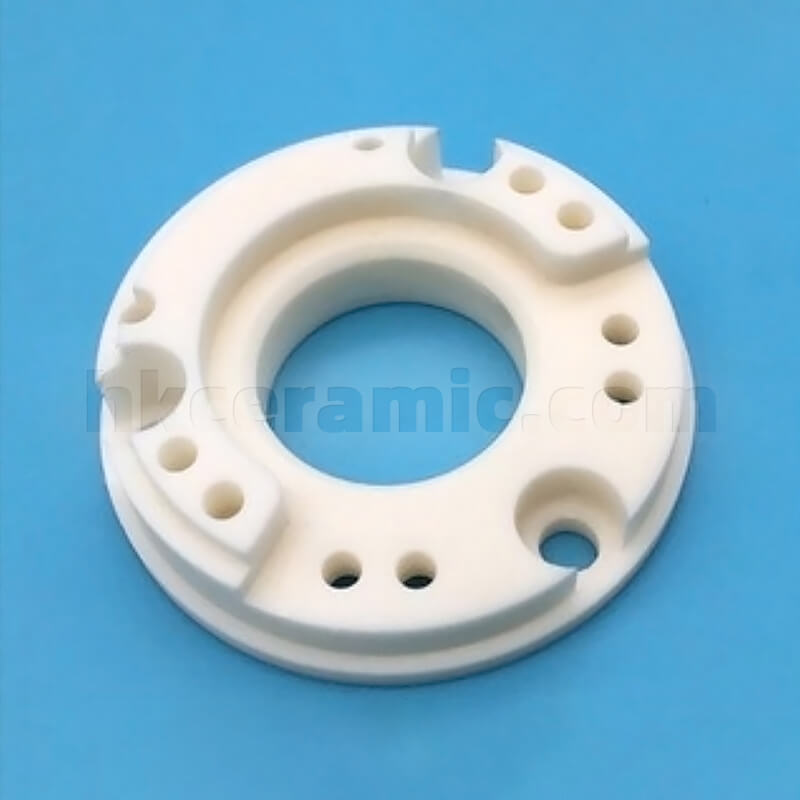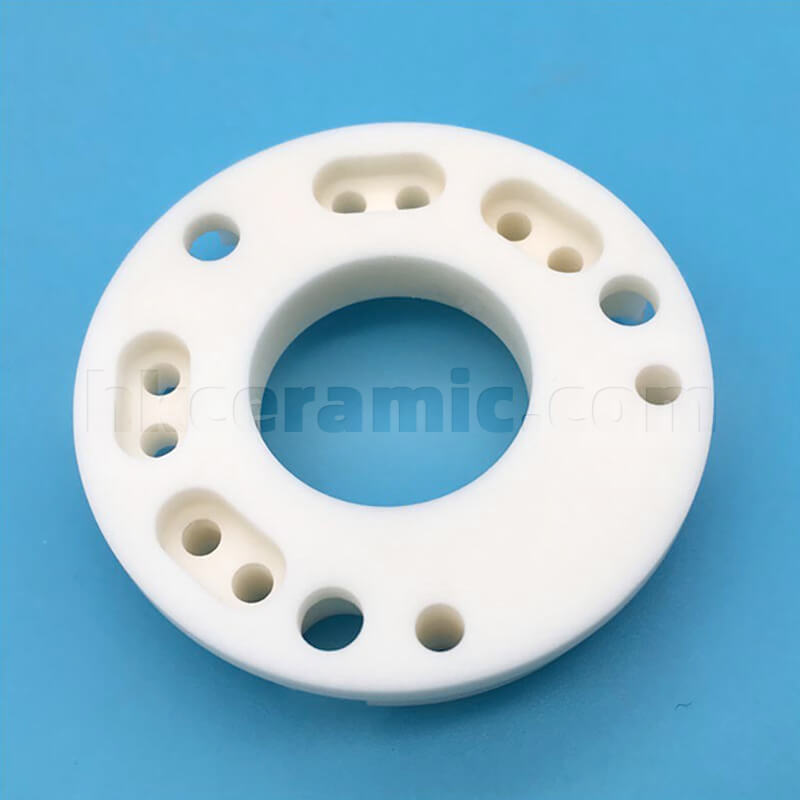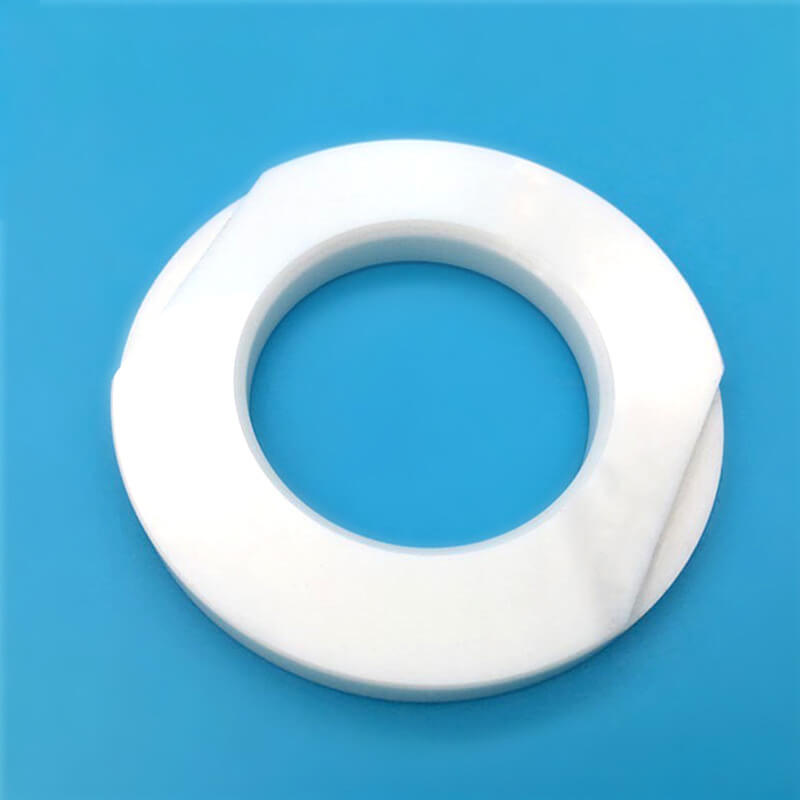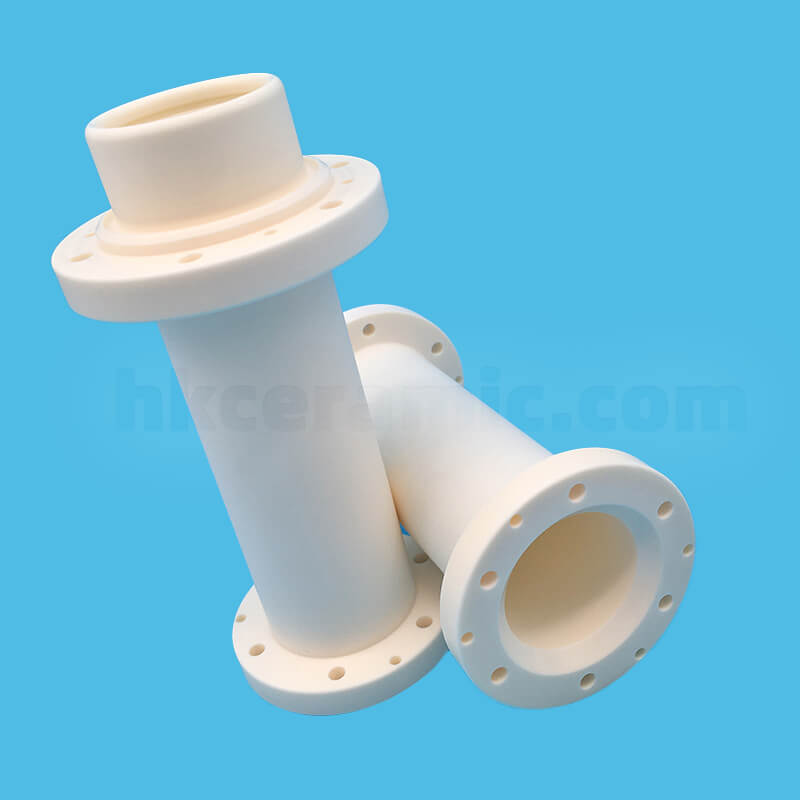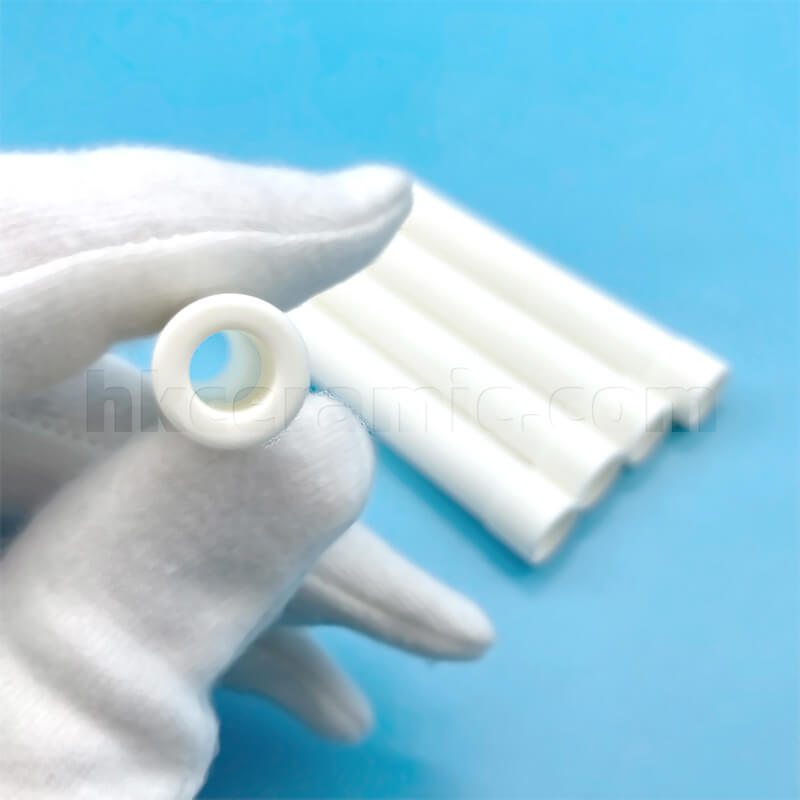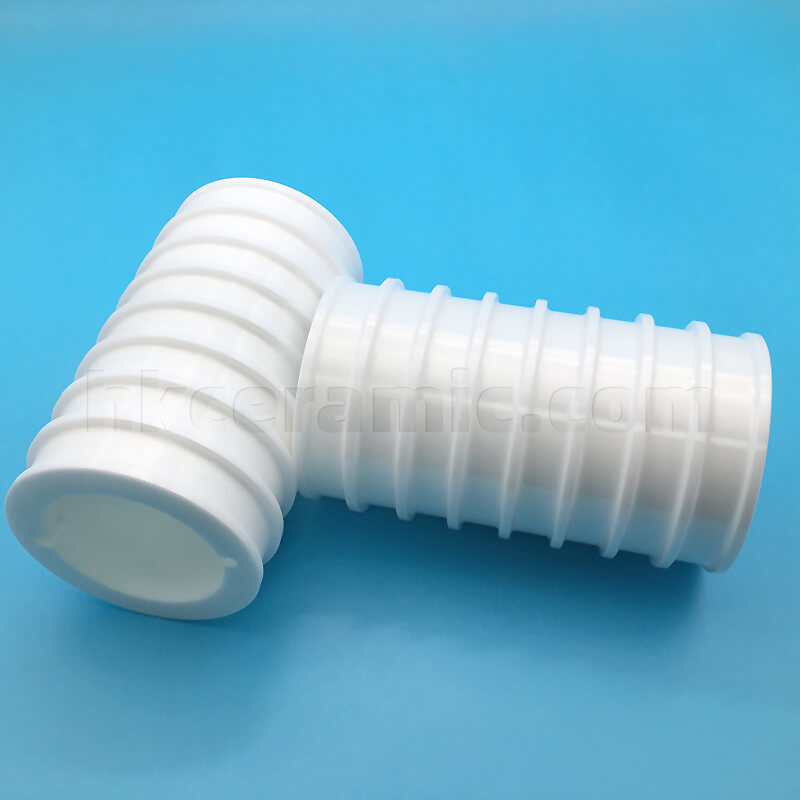Custom-shaped alumina ceramic structural components
E-mail:sales01@hkceramic.com
Custom-shaped alumina ceramic structural components, also known as porous ceramic bases, are made from high-performance alumina (Al2O3) material and have the following notable features:
High Hardness and Excellent Wear Resistance
Alumina has a Vickers hardness of up to 15.7 GPa, providing exceptional durability in high-wear environments.
Good Thermal Stability and Electrical Insulation
With a maximum operating temperature of up to 1650°C and a breakdown strength exceeding 10 KV/mm, it is suitable for high-temperature and electrically insulating applications.
Complex Structural Design Capability
Can be manufactured in various complex shapes and sizes to meet specific application needs, such as porous support platforms or fastening bases.
Optimized Thermal and Fluid Management
The porous design not only provides fastening capability but also aids in heat dissipation and efficient management of fluids and gases.
High Mechanical Strength and Compressive Resistance
With a flexural strength of up to 330 MPa and compressive strength of 2000 MPa, it ensures stability and long-term durability under physical loads.
Custom-shaped alumina ceramic structural components have a wide range of applications in various high-tech fields:
Automated Machinery
Used as connecting or supporting components in robotic arms or joints, providing necessary mechanical strength and precision.
Electronic Devices
Serves as support or mounting platforms for electronic components, offering electrical insulation and thermal management solutions.
Precision Instruments
Employed as precision parts in scientific instruments and medical devices, such as sensor brackets or mounting bases, ensuring stable operation of the instruments.
Chemical Processing and Environmental Technology
Used in chemical reactors or filtration systems, capable of withstanding high temperatures and corrosive substances.
Custom-shaped alumina ceramic structural components play a crucial role in modern industrial and technological fields due to their high-performance material properties and flexible structural design. These components not only meet the industrial demands for high strength, high-temperature resistance, and high precision but also optimize thermal and fluid management through their porous structural design, significantly enhancing the performance and reliability of equipment. Precision manufacturing techniques enable these ceramic structural components to meet the demands of the most stringent applications, providing effective support and protection solutions for various high-end applications.
In the field of precision ceramic processing and customization, our company specializes in producing various high-performance ceramic components, including zirconia ceramics, silicon nitride ceramics, aluminum nitride ceramics, and more. These ceramic components exhibit exceptional thermal stability, electrical insulation, high-temperature resistance, and wear resistance, and are widely used in critical sectors such as aerospace, electronics, machinery, defense, and automotive industries. Our products are known for their superior performance and reliability, providing essential support and assurance to our customers, helping them enhance production efficiency and optimize product performance.
Dongguan Haikun New Material Co., Ltd.
A global advanced precision ceramics (special ceramics) manufacturer, focusing on the development, design, production and sales of advanced precision ceramic products, covering zirconium oxide, aluminum oxide, silicon nitride and other materials, which are widely used in aviation, aerospace, military industry, medical and other fields
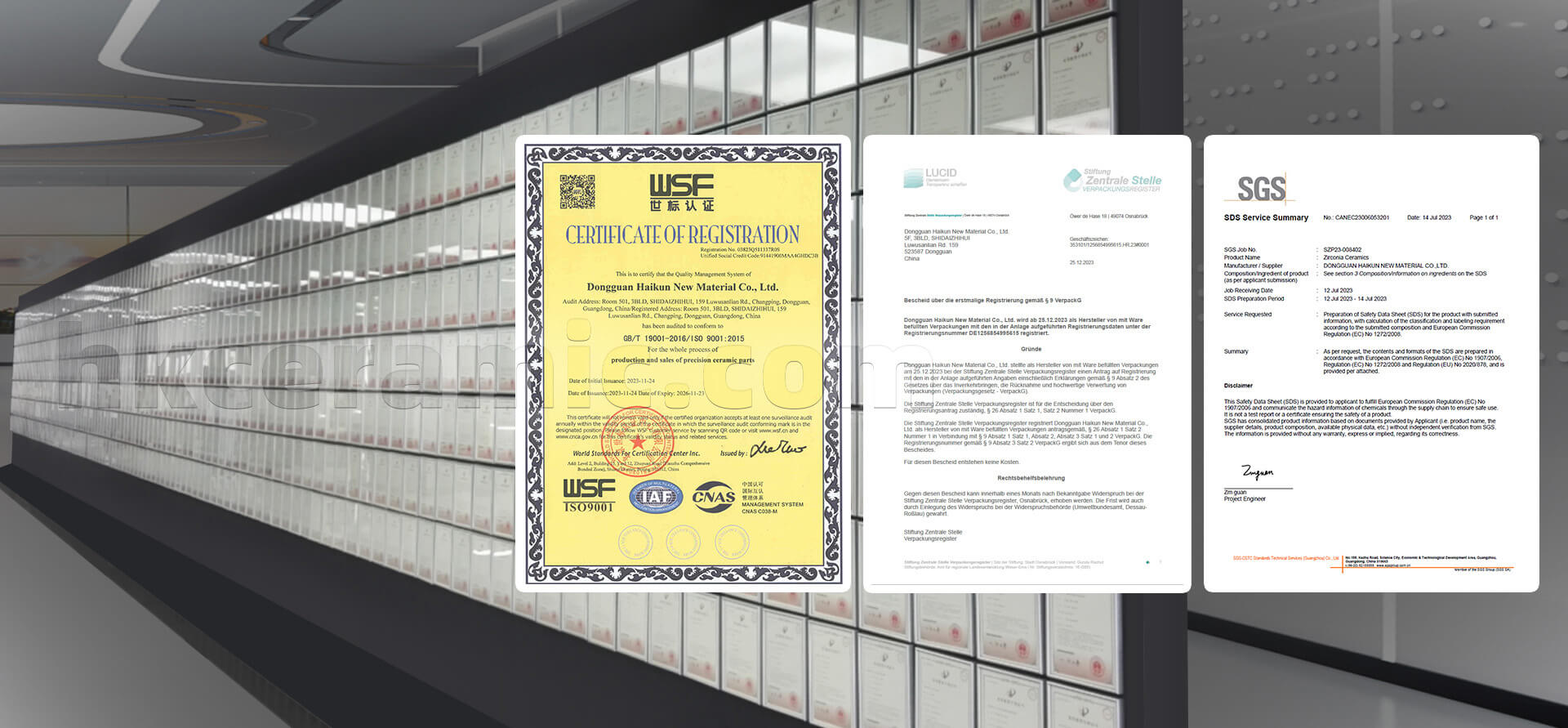

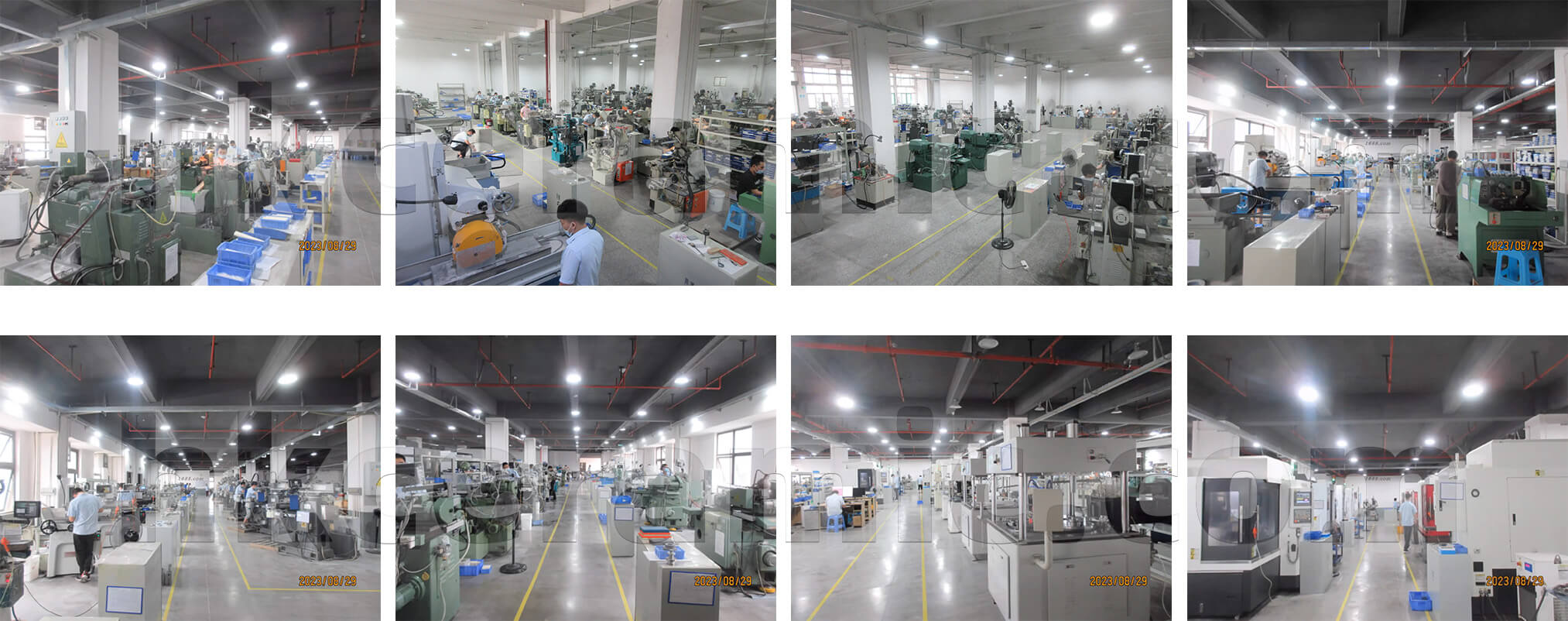
Comparison of ceramic material properties
Use our interactive ceramic material comparison chart to compare ceramic materials across different material properties.
Click the Property Button above to view the corresponding property comparison of precision ceramic materials
*The values in the table are typical material properties
Precision ceramic product customization process
Step 1
Contact us
Step 2
Technology Assessment
Step 3
Confirm the quotation
Step 4
Signing the contract
Step 5
Inspection and delivery
Step 6
Confirm Receipt

